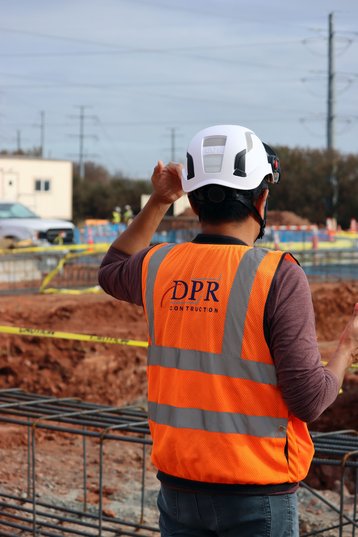Analyst firm Dell’Oro Group predicts that worldwide data center annual capex will surpass $1 trillion by 2029.
The sector's compound annual growth rate is predicted to be 21 percent by that year. Accelerated servers for AI training and domain-specific workloads could represent nearly half of data center infrastructure spending by 2029.
Also taking up around half of global data center capex in 2025, select Tier 2 cloud service providers are expected to increase capex significantly over the next several years. The other half will be taken up by the top four hyperscalers; Amazon, Google, Meta, and Microsoft.
“We project that data center infrastructure spending could surpass $1 trillion annually within five years," said Baron Fung, senior research director at Dell’Oro Group.
"While AI spending has yet to meet desired returns and efficiency improvements, long-term growth remains assured, driven by hyperscalers’ multi-year capex cycles and government initiatives such as the $500 billion Stargate Project."
Although it was announced by President Donald Trump, the US government is not currently funding Stargate. The OpenAI venture is set to invest $100 billion 'immediately,' and the rest over four years - however questions remain about its funding.
SoftBank is expected to invest $19 billion, as is OpenAI, while Oracle and MGX will put in a combined $7 billion. The rest of the funds have yet to be raised, and OpenAI will also need to raise its investment - likely from SoftBank.
Fung told DCD that Dell’Oro's forecast is based on taking Stargate's plans at face value. He added: "More importantly, we have factored in long-term plans by the hyperscalers to add more capacity. We have estimated their accelerator demands in the coming years, and how that translates to capex at the infrastructure level. Other cloud providers not directly involved in Stargate (i.e., Google, Amazon, Meta, xAI) have expansion plans."
Microsoft has pledged to spend $80 billion on capex this year, Google $75 billion, and Meta around $60 billion. AWS is yet to reveal its capex forecast.
He also addressed DeepSeek's lower-cost Chinese model that sent shockwaves through the US tech industry: "Although recent advancements in AI model training efficiency from DeepSeek have been disruptive, innovations have been in progress for some time to drive greater efficiencies and lower the total cost of ownership in building and operating AI data centers.
"Key areas of focus include advancements in accelerated computing through GPUs and custom accelerators, LLM optimizations, and next-generation rack-scale and network infrastructure - all crucial to enabling sustainable growth from both a cost and power perspective."




